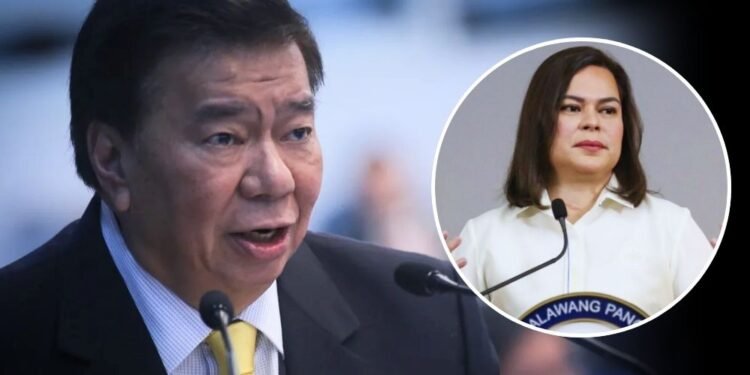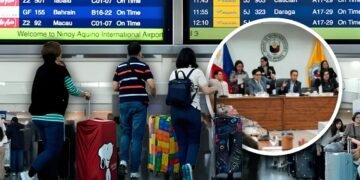The Philippine Senate’s decision to postpone Vice President Sara Duterte’s impeachment trial from June 2 to June 11, 2025, has sparked concerns that politics is overshadowing both justice and critical legislative work.
Former Senate President Franklin Drilon, a veteran lawmaker, has criticized the delay, arguing that it jeopardizes the Senate’s ability to pass vital bills before the 19th Congress adjourns sine die on June 14.
With only a narrow window left for senators—especially those whose terms end in 2025—to enact meaningful legislation, the impeachment proceedings threaten to consume time and resources needed for the public good.
The impeachment case against Duterte, initiated on, stems from a House complaint endorsed by over 200 lawmakers. It accuses her of graft, corruption, bribery, and betrayal of public trust, primarily tied to the alleged misuse of P612.5 million in confidential funds.
Additional allegations, including high crimes like murder, were fueled by testimony from Arturo Lascañas, a self-confessed Davao Death Squad hitman. Despite the severity of these charges, Senate President Francis Escudero justified the postponement, citing the need to prioritize “essential legislation.”
Drilon called this excuse flimsy, noting that lame-duck sessions rarely produce significant bills and that the Senate could conclude the trial by June 30 if it prioritized its constitutional role as an impeachment court.
The delay raises broader concerns about political interference. Drilon suggested that President Ferdinand Marcos Jr.’s ambiguous stance—despite his son’s vote for impeachment—hints at reluctance to push the trial forward.
With the 20th Congress looming, where five senators backed by Sara Duterte’s father, former President Rodrigo Duterte, will take office, the trial’s outcome could face further complications.
Duterte’s own defiance, calling for a “bloodbath” in the proceedings, underscores the high stakes and political tensions at play.
For senators facing re-election or the end of their terms, the impeachment trial’s timing is particularly disruptive. Bills addressing economic recovery, education reform, and disaster resilience—priorities for many lawmakers—risk being sidelined as the Senate grapples with the trial’s demands.
Drilon warned that extending the process into the next Congress could not only delay justice but also raise legal questions about jurisdiction, eroding public trust in governance.
The Senate’s focus on impeachment, while crucial, threatens to stall legislative momentum at a critical juncture.
The Senate must act swiftly to resolve the trial without sacrificing its responsibility to pass laws that serve the nation, especially for senators whose time to leave a legacy is running out.
The nation watches, not just for Duterte’s fate, but for whether the Senate can uphold justice while delivering on its legislative promises.












